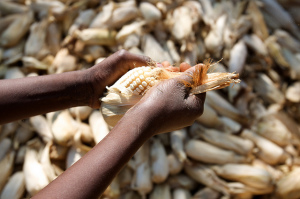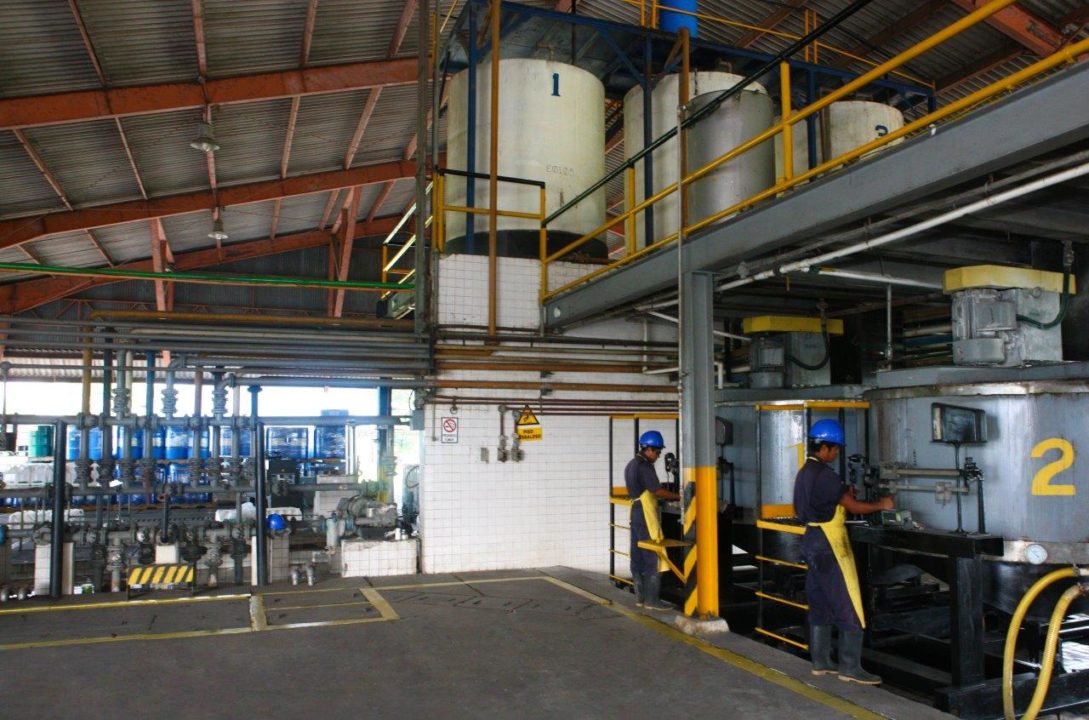DuPont Opens South Africa R&D Hub

DuPont’s technology center will focus on maize, sunflowers, grain sorghum, forage sorghum, wheat, dry bean and soybean R&D
DuPont opened a new facility in Delmas, South Africa on Wednesday which will be the primary nexus of research and development for the company’s regional technology center network. The facility will be the main node in a series of testing sites dispersed throughout the continent designed for seed technology development for maize, sunflowers, grain sorghum, forage sorghum, wheat, dry beans, and soybeans.
DuPont Pioneer and Pannar brands partnered to establish the network in 2013 with the goal of reducing local food insecurity prior to developing Africa’s significant potential to become a key food exporter.
The Delmas facility will also contain Africa’s first insectary to study new ways to mitigate the risks insects pose to crop protection product efficiency.
DuPont Pioneer brand President Paul Schickler said, “Having a local insectary is critical to the development of traits and solutions to combat yield-robbing pests. We are proud to build this type of cutting-edge research facility for the benefit of Africa’s farmers.”
This feature will be enable regional collaboration. Currently, Kenya is home to Africa’s premier insect research organization, World Health Organization partner African Insect Science for Food and Health, also known as ICIPE.
In addition to entomological research, the network will exploit germplasm pools to feed the continent. Research initiatives aim to study doubled haploid plant embryos, digital ear photometry to correlate key corn traits and yield, and genetic marker-assisted selective seed breeding.
The Pioneer and Panaar brands are both known for maize breeding capabilities, while Pioneer’s biotech focus complements Panaar’s presence in Africa, relationships with African academic research institutions, and influence on the regional market.
Several international organizations are working to develop Africa’s maize potential and help farmers grow more food through drought-tolerant maize, enhanced seed delivery, maize that can benefit from only small quantities of fertilizer as dictated by impoverished living conditions, and education initiatives for remote, rural, and women farmers.





